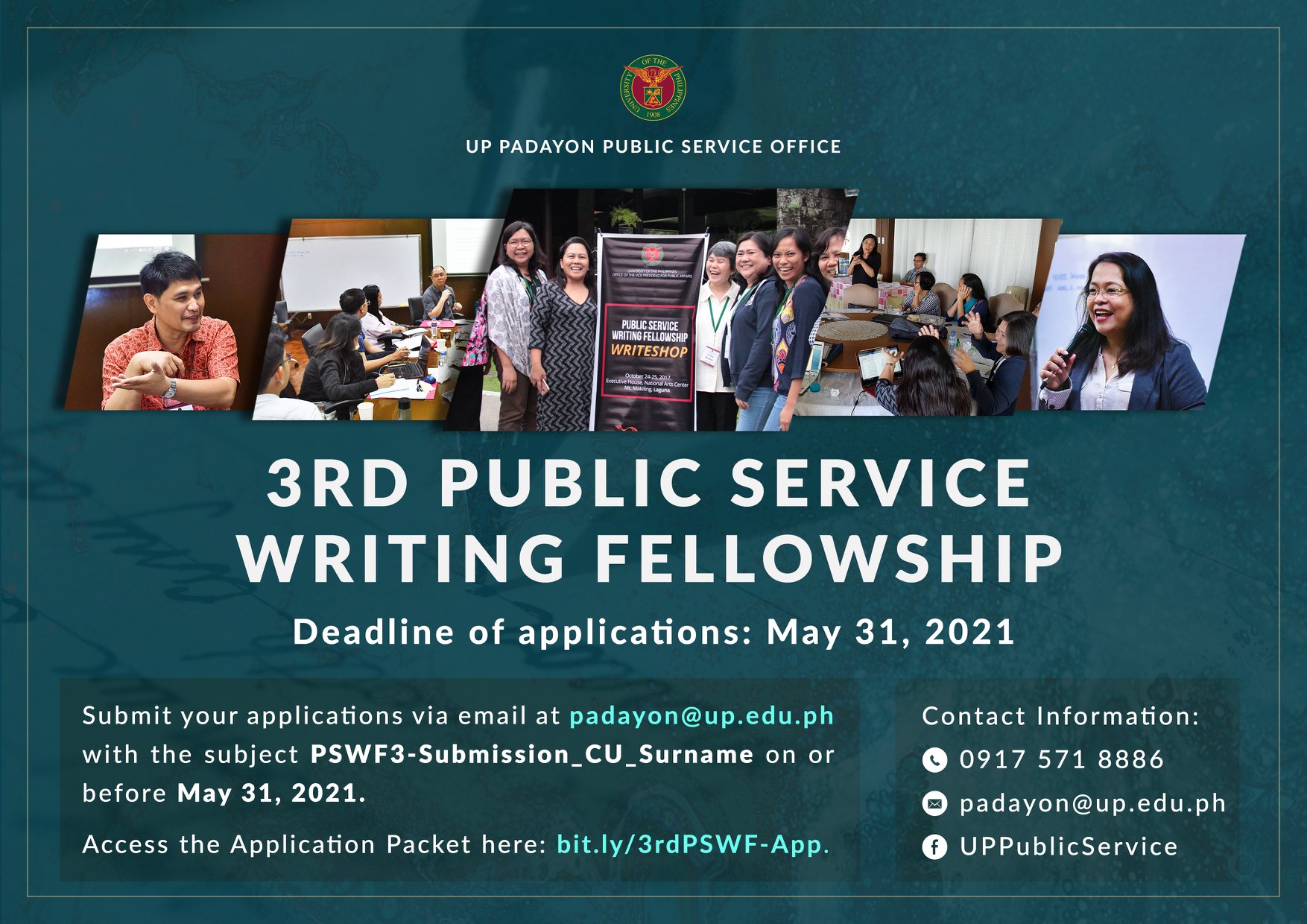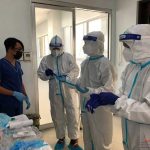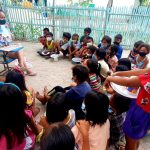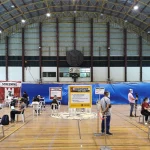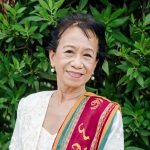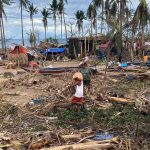The webinar Online GST and UP ASH Code Orientation was concluded last 18 May 2021, with 133 participants joining the one day web-based lecture and live discussion via Zoom. The webinar was presented by the Human Resource Development Office (HRDO), in partnership with the Diliman Gender Office and Office of the Anti-Sexual Harassment. VC […]
Category: NEWS & EVENTS
The UP Philippine General Hospital was hit by a fire early Sunday morning, May 16, 2021. We are asking for your help and support for the healthcare workers and patients who have been affected by the fire.
Mindanao scientists are now in anticipation of the first research center to be established in the region aimed to strengthen local response to infectious diseases, including COVID-19.
On 3 May 2021, the Department of Science and Technology and the University of the Philippines (UP) Mindanao launched AMDABiDSS-Health, or Center for Applied Modeling, Data Analytics, and Bioinformatics for Decision Support Systems in Health while observing proper precautionary measures at Malayan Colleges Mindanao with viewers supporting via Zoom.
The University of the Philippines is calling for applications to the 3rd Public Service Writing Fellowship until May 31, 2021. The application packet may be downloaded from http://bit.ly/3rdPSWF-App and submitted to [email protected].
Six medical technologists and the chief of hospital of the Angel Salazar Memorial General Hospital (ASMGH) in San Jose, Antique recently completed a training on molecular techniques for coronavirus disease 2019 (COVID-19) testing at the Philippine Genome Center (PGC) Visayas in the Regional Research Center of the University of the Philippines Visayas (UPV) in Miag-ao, Iloilo.
This was the first hands-on training under the UP TRAINS 2 Program held at the newly inaugurated PGC Visayas Laboratories.
“Kwentuhan sa Baliguian” seeks to promote reading among schoolchildren in this island barangay as well as to give them a chance to interact with their schoolmates and friends who for more than a year have not attended any classroom engagement and interaction. The students enrolled at Baliguian Elementary School were grouped according to grade level. They listened to stories delivered by volunteer teachers from UP High School in Iloilo and the Division of Professional Education. Together with Asst. Prof. Jessie L. Labiste Jr., faculty-in-charge of the Language Program, and Ms. Marian Janice M. Mediana, Language Program Admin Staff, is Asst. Prof. Jonevee B. Amparo from UP High School Iloilo volunteered to read stories in Filipino.
The University of the Philippines (UP) has converted the gymnasium of its Diliman, Quezon City campus into a COVID-19 vaccination facility for university workers and members of its community.
UP Diliman Vice Chancellor Aleli Bawagan said Tuesday the vaccination center is manned by qualified volunteers, including university alumni and residents from communities that cover the vast campus.
The in-campus vaccination program aims to decongest vaccination centers in Quezon City and speed up the process of achieving herd immunity against the new coronavirus.
The UP Office of the President together with the UP Center for Women’s and Gender Studies (CWGS) and UP constituent unit’s Gender and Development (GAD) offices conducted an online Gender Sensitivity Training (GST) session for its respective campuses.
The training session was held online via video conference on April 7 and was attended by over 90 participants.
Dr. Alicia P. Magos, UPV Professor Emeritus and anthropologist, leads cultural researchers from UP Visayas in various engagement conferences to deliver lectures and share research results on Panay culture as well as in extension activities during this 1st quarter of 2021.
Magos moderated a seminar on Shared Heritage and its Safeguarding/Transmission held on February 19, 2021, organized by the International Information and Network Center for Intangible Cultural Heritage in the Asia Pacific Region under the auspices of UNESCO (ICHCAP) in coordination with the UNESCO Bangkok Office, and Korea National University of Cultural Heritage (KNUCH).
“Being resilient doesn’t mean ignoring the roots of vulnerabilities. It is the goal of resilience to improve disaster mitigation. The term must not be demonized,” says Academician Alfredo Mahar Lagmay, NRCP Member of the NRCP Earth and Space Sciences Division, and Professor at the UP National Institute of Geological Studies, during the Session “Securing the Country from Disasters and Climate Change Impacts” of the Annual Scientific Conference and 88th General Membership Assembly of NRCP last March 10, 2021. His presentation is one of the five parallel sessions aptly chosen by NRCP in support of its conference theme “Pagbangon at Pananaig: National Recovery and Rebuilding.”



